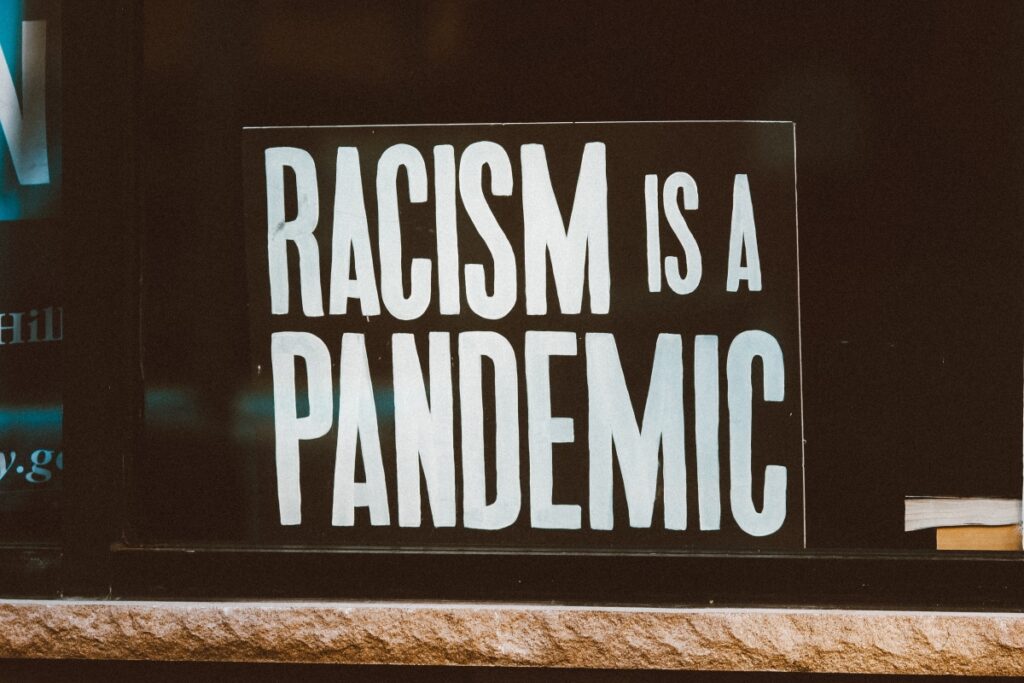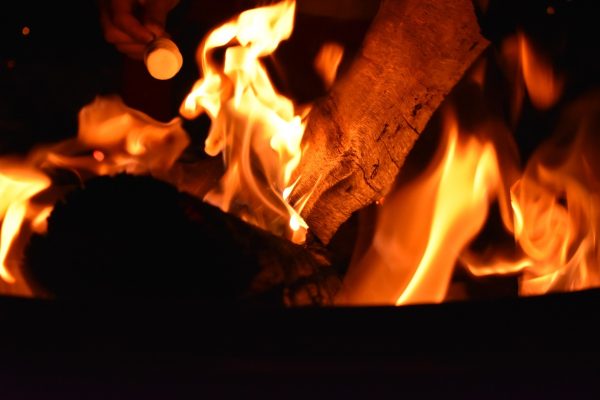While Passover celebrates the initial liberation of the Jewish people from slavery in Egypt, Shavuot marks the culmination of the process of liberation, when the Jews became an autonomous community with their own laws and standards. Counting up to Shavuot reminds us of this process of moving from a slave mentality to a more liberated one.
This year, the CBH Anti-Racism Project has created a way for each of us, at home, to mark these days with reflections on race and freedom, creating a unique Counting the Omer Against Racism experience. Each week is structured as follows:
- Sunday – Quote
- Monday – Untold history tidbit
- Tuesday – Meditation
- Wednesday – Acknowledgement of privilege from “White Privilege: Unpacking the Invisible Knapsack”
- Thursday – Call to notice
- Friday – Poem
- Saturday – Reflection and Join us for Havdallah (by zoom)
If you haven’t yet read the article “White Privilege: Unpacking the Invisible Knapsack” by Peggy McIntosh, we highly recommend it as a first step so that there is a context for your learning. Its basic premise is that as white people we aren’t even aware of many of our privileges and that noticing them is an important first step. The article can be found here.
“Reminder – Antiracism is not a self-improvement project. When you make it about you, constructive criticism feels like a very personal attack. When BIPOC (Black, Indigenous, and People of Color) are at the center of your antiracism work, constructive criticism feels like a welcome opportunity to learn and do better.” – Marie Beech @bariejbeech
This quote, for me, is essential. If you can stay curious about why your immediate assumption was X, and not get defensive, you can think of it as an interesting puzzle to unravel. Then, this work can be much more meaningful, and you’ll start to be able to see racism and privilege in all sorts of places that you never noticed before. If, however, you take these discoveries as criticisms about yourself, you are likely to become defensive and unreceptive to the possibility of seeing things differently.
– Katia Segrè Cohen











